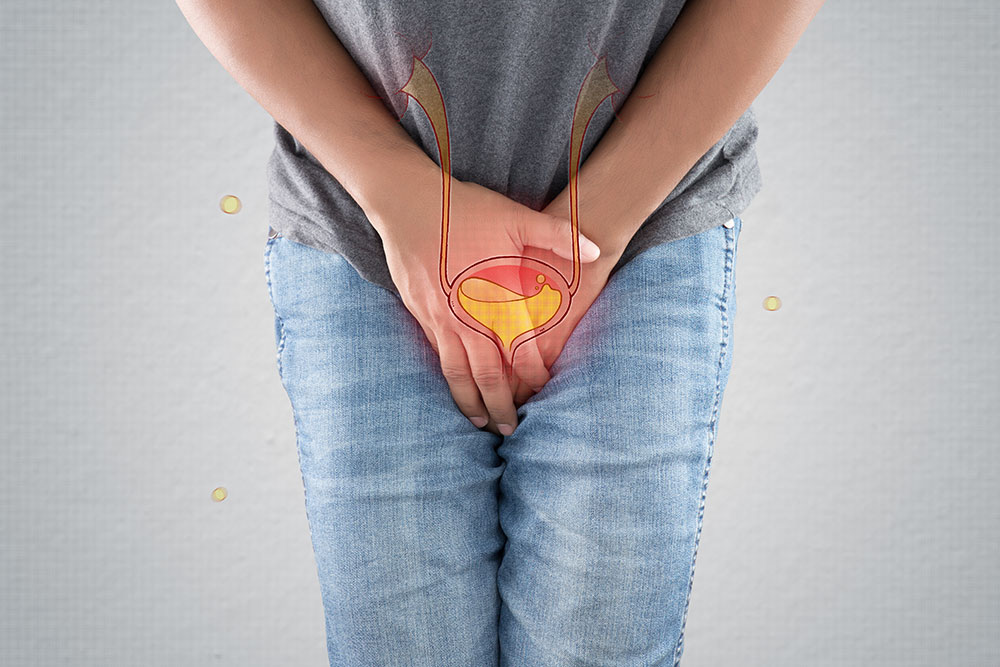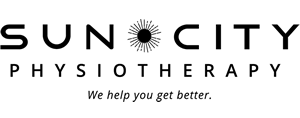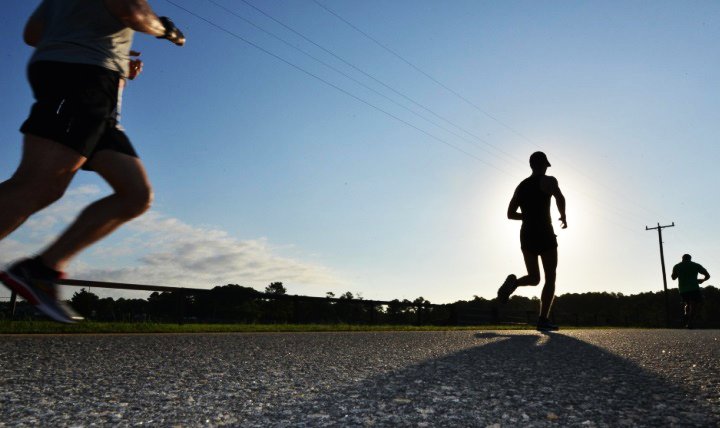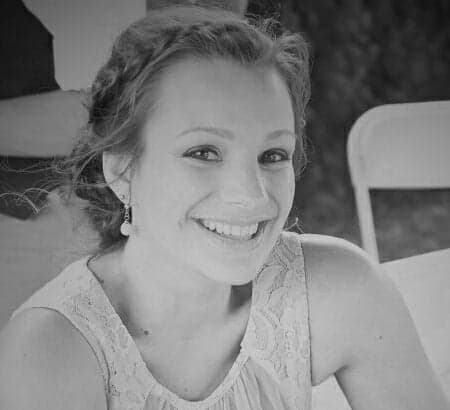
Treatment of Urinary Incontinence and Pelvic Pain in Women and Men
Treatment of Urinary Incontinence and Pelvic Pain in Women and Men
Specialized physiotherapy for the assessment and treatment of bladder and bowel incontinence, and pelvic pain are becoming more recognized as a first line of defence.
If you think you may be affected, ask yourself the following questions:
- Have you experienced incontinence when heading to the bathroom, or when you cough or sneeze?
- Do you find yourself straining or in pain when passing a bowel movement?
- Have you experienced pain with intercourse?
- Do you suffer from lower back or hip pain?
- Are you pregnant or post-partum and experiencing leakage?
If you answered yes to any of these questions, the pelvic floor muscles, fascia and nerves may be contributing to your symptoms, and assessment by a pelvic floor physiotherapist is recommended.
Pelvic floor physiotherapy goes beyond the well-known Kegel, and should be assessed and treated similarly to any other muscular injury or imbalance. The goal is to optimize the coordination, strength, and flexibility of the pelvic floor muscles. Through the use of a ‘rib to knees assessment approach’ your pelvic floor physiotherapist will explain the important relationship between your diaphragm, core, and pelvic floor. Any imbalances, previous trauma, or de-conditioning can lead to symptoms such as rib pain, core weakness, back/hip pelvic pain or incontinence. Your pelvic floor physiotherapist will then work to address these symptoms, and create a manageable and empowering treatment plan to help you regain control and function around what can often feel like an isolating and embarrassing problem for many.
Who would benefit from a Pelvic Health Assessment? Those experiencing:
- Stress incontinence: leakage with coughing, sneezing, jumping, running;
- Urge incontinence: leakage or loss of control without being able to delay voiding;
- A mix of the above incontinences;
- Women during pregnancy and post-partum;
- Post Prostatectomy, and:
- Nocturia – waking multiple times throughout the night to void
What should you expect at a Pelvic Health Appointment?
- Assessment of posture, movement mechanics, core and pelvic floor muscle activation;
- Option for internal assessment of pelvic floor musculature;
- Exercises specific for your pelvic floor muscle tone and function;
- Education on symptom management, and;
- Self-management techniques to confidently perform exercises at home
If you have questions or concerns around your pelvic floor, or are currently pregnant or post partum, book an assessment with our Pelvic Health Physiotherapist, Paige Marzinzik at our Downtown or Lower Mission Clinic.




